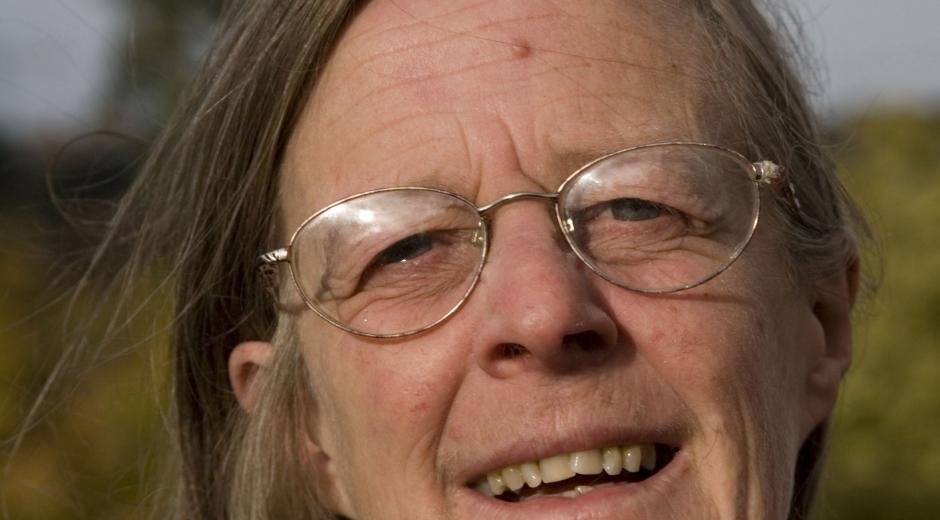Do you believe in angels?
 In these days, quite abruptly, the year has tipped over into autumn. It is always hard to tell exactly what marks this transition; the swallows have not left yet, the trees are still green and the days still warm. But the blackberries are turning pink and the birch trees appear to be hung with gold coins. There is definitely something in the air, especially early in the morning, which says, “the summer is over, it is autumn now”.
In these days, quite abruptly, the year has tipped over into autumn. It is always hard to tell exactly what marks this transition; the swallows have not left yet, the trees are still green and the days still warm. But the blackberries are turning pink and the birch trees appear to be hung with gold coins. There is definitely something in the air, especially early in the morning, which says, “the summer is over, it is autumn now”.
Last week, as though to console us for the passing of summer and to fortify us against the winter, the Church offers not one but two cheery celebrations, albeit ones that sit a little oddly in contemporary culture. On Tuesday last week, we had the feast of the three named archangels (Michael, Gabriel and Raphael) and on the Friday it was the turn of our guardian angels.
How peculiar. Admittedly angels have far better biblical provenance than lots of things we believe, but so do “not earning interest on loans” and “stoning for adultery”, both of which we have happily abandoned. I am quite often asked by atheists if I believe in angels and I always squirm a bit because actually I do, but I also know there is frequently (though probably not as frequently as I fear) an element of scoffing in the question, a determined intention to find my faith ludicrous.
So all too often I hear my coward mouth dodging an honest reply with a response like, “It depends what you mean by angels”. But actually this is the wrong answer. If I am really not up to a blunt “yes” then a better answer would be, “It depends what you mean by believe”.
So-called scientific secularism has thinned down the idea and the range of belief. This, I think, is part of a wider loss: recently an academic friend told me that he had difficulty teaching because most of his students did not seem to know the difference between “know”, “think”, “believe” and “feel”.
At the same time we are not supposed to believe in what we cannot prove – and prove moreover by the rather restrictive methods of reductionist scientism. So I am meant to believe that the moon is 238,857 miles away, but not that moonlight is beautiful.
This straitjacket we have imposed on belief is entirely modern and means that we cannot reliably access the truths of the imagination. There are lots of kinds of belief: for example, I believe in Ophelia, Elizabeth Bennett and even in Cinderella. This belief is as strong as my belief in random genetic mutation, but it is a very different sort of belief.
I do indeed believe that the moon is 238,857 miles away and I also believe that moonlight is beautiful; these two convictions come from different places, depend on different sorts of authority and produce different responses, but they are both categorically beliefs.
In some cases, of course, beliefs of the imagination, of the heart, can be depressing, imprisoning and distorting – exactly as outworn scientific beliefs can. (No, as a matter of fact, women’s wombs do not detach themselves from the lower stomach and go wandering about the body causing “hysteria” and making women unsuited to democratic voting, however much nineteenth-century science believed they did.)
But on the whole the imagination can be as liberating, sensitising and truthful as scientific rationality; we just need to get better at applying the right tests to the right questions.
(Teresa of Avila rather sensibly suggested that the moral effect on the recipient was a good proof against which to test claims of angelic visitations and other similar experiences.)
The narrowed concept of belief in our contemporary society needs to be contested – love, beauty and justice are three crucial things I believe in and none is amenable to scientific methodology; they are immeasurable and non-quantifiable.
In the light of a more proper understanding of belief, I do believe in angels. I have not personally encountered one (or I was unaware when I did, as the Epistle to the Hebrews warns). I have not encountered a sub-atomic particle either, but both are attested to by good authorities; both make sense in the cosmology I live within; both seem probable enough in the light of the subtle, intelligent, infinite, loving God I have encountered elsewhere.
Angels offer comfort and joy against the coming winter and other woes, and can and should be celebrated.
Sara Maitland is a novelist and writer.


 Votes : 0
Votes : 0









